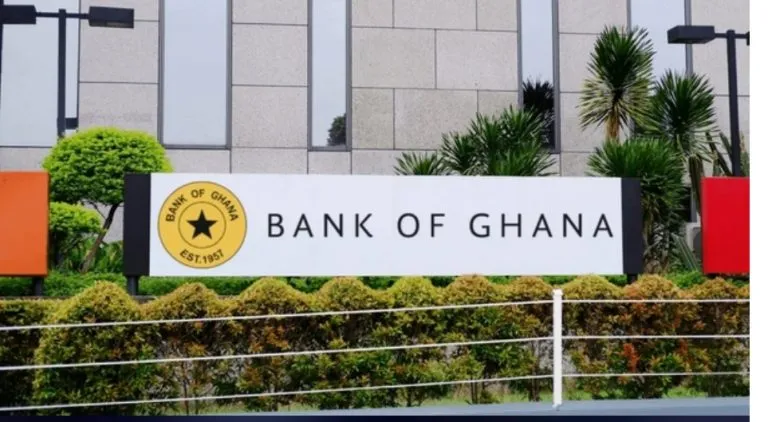By Khurram Zia Khan
Copyright dawn

KARACHI, Pakistan’s most populous urban centre, is, unfortunately, also turning out to be the country’s most unfortunate city. Its administrative responsibilities are divided between the Karachi Metropolitan Corporation and the six local cantonment boards. A jurisdictional and administrative tug of war between the KMC and the cantonment boards has contributed significantly to the city’s decline.
On normal days, the public is, by and large, able to manage its affairs, but when the rain comes, all hell breaks loose across the city due to waterlogging, as we saw recently. Major arteries witness hours-long traffic jams, and it becomes a Herculean task for commuters to reach their destinations.
Previously, the rains hardly defined Karachi. However, the city has now begun to experience more intense rainfall. It witnessed one of its wettest Augusts in 2020 with 484mm of rain in one day — the most since 1931. The situation merits a joint strategy put together by all relevant components of the local administration to end unplanned development in the city, remove encroachments and illegal constructions that block storm-water drains and the natural flow of water, take stern action against all lawbreakers in this regard, and prepare the city well for future spells of torrential rain.
The recent statement by Mayor Murtaza Wahab that Karachi’s drains are designed to handle only 40mm of rain certainly does not absolve him of his responsibility to rectify matters. If a problem is identified, it is imperative that the authorities resolve it, instead of beating about the bush.
However, while citizens rightly blame government agencies for Karachi’s abysmal state of affairs, the city’s business community also deserves flak. After the recent monsoon rains, multiple trade bodies claimed that they had suffered losses to the tune of Rs14-15 billion. They, like everyone else in the city, knew well that Karachi could witness heavy rainfall, and they should have taken anticipatory action to protect their warehouses and other storage areas. Unfortunately, no one acted with foresight and left their fate to the elements.
If nothing else, the business community should at least take ownership of the areas where they operate their trade, repair roads on a self-help basis and renovate their godowns along modern lines, so that the goods stored there are protected from rainwater. Its demand that the government freeze tax collection due to rain-related losses is absurd. The national exchequer should not suffer losses on account of the business community’s unreasonable demands.
Traders also deserve flak for Karachi’s post-rain chaos.
The more logical thing to do is to push the provincial and federal government to ensure that out of the total tax collected from the city, at least 20 to 30 per cent is invested back in Karachi’s development. Instead of whining, the business community must work together to persuade the government to pass a law to this effect — Article 158, which gives the first right of use to the province which produces gas, comes to mind in this context.
Karachi’s business community must draw lessons in ownership from the business community of Sialkot, where reportedly not a single worker lost his/her job during the Covid pandemic. It should also work with the government against those who are running factories and business houses without maintaining proper safety protocols. The recent accident in a firecracker warehouse operating in the basement of a building on M.A. Jinnah Road could have been avoided had timely action been taken agai-nst this illegal business unit.
The ‘kuch nahin hota (nothing will happen)’ attitude of our nation is to our detriment; it has not allowed us to focus on preparedness, and the resulting loss of life, limb and property suffered on account of a natural or manmade calamity supports this view. In the aftermath of a disaster, life goes back to normal until another tragedy strikes.
Karachi’s business community has strong links with all major political parties in the country. It should use its leverage to pressure the government into working towards the improvement of the city.
Returning to the weather, it must be reiterated that climate change is a reality. Going by the rainfall patterns of the last 10 years, more intense rainfall will be expected in the coming years. As the current monsoon season concludes, the city administration and institutions, including the business community, health practitioners and other stakeholders, must work together to put in place a proper master plan for Karachi, remove all illegal settlements and encroachments, and enhance the city’s capacity to handle 500mm of rain.
The writer is a freelance contributor.
X: @KhurramZiaKhan
Published in Dawn, September 27th, 2025



